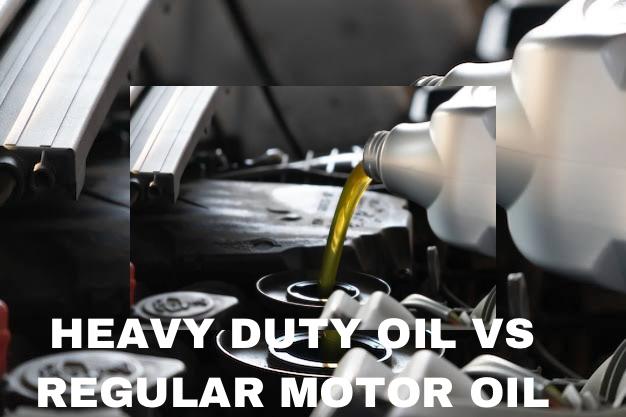When it comes to keeping your vehicle’s engine in top shape, choosing the right motor oil is crucial. With various options available, deciding between heavy duty oil and regular motor oil can be challenging. Understanding the differences between these two types and knowing when to use each can significantly impact your vehicle’s performance and lifespan.
The Importance of Heavy Duty Oil Motor Oil for Engine Performance
Motor oil is essential for ensuring smooth engine operation. It lubricates moving parts, reduces friction, and helps dissipate heat generated by the combustion process. Additionally, motor oil plays a vital role in keeping the engine clean by suspending dirt, debris, and other contaminants, preventing damage to engine components.
However, not all motor lubricants are created equal. The type of motor oil you choose can greatly influence your vehicle’s efficiency and durability. Heavy duty oil and regular motor oil are designed to meet specific needs and conditions.
Understanding Heavy Duty Oil
Heavy duty oil is formulated for engines that operate under extreme conditions, such as high temperatures, heavy loads, frequent towing, or prolonged idling. This type of oil has a higher viscosity, providing a more durable lubricating film on engine parts. Heavy-duty oils are also enriched with a robust additive package, including detergents, anti-wear agents, and antioxidants, to protect the engine from wear, prevent sludge formation, and extend the oil’s lifespan under harsh conditions.
Understanding Regular Motor Lubricants
Regular motor oil, or conventional oil, is commonly used in standard passenger cars and light-duty trucks. It is designed for engines that operate under normal conditions, where the stresses and demands are less intense. Regular motor oil has a lower viscosity, making it easier to flow through the engine and reach all moving parts. It provides sufficient lubrication for everyday driving, containing fewer additives compared to heavy-duty lubricant.
Key Differences Between Heavy Duty Oil and Regular Motor Oil
The key differences between heavy-duty oil and regular motor oil include viscosity, additive content, thermal stability, oxidation resistance, and oil change intervals.
When to Choose Heavy Duty Lubricants
Heavy-duty oil is recommended for vehicles that frequently tow or haul heavy loads, are used for commercial purposes, operate in extreme temperatures, or have high mileage.
When Regular Motor Lubricants Is Sufficient
Regular motor lubricants is suitable for daily driving, newer vehicles, and moderate climate conditions.
Making the Right Choice for Your Vehicle
Choosing the appropriate motor lubricants depends on your vehicle’s needs and driving conditions. Consult your vehicle’s owner’s manual or a trusted mechanic for specific recommendations to ensure your engine receives the right level of protection and maintains optimal performance.
Conclusion
Selecting the right motor oil, whether heavy-duty or regular, is crucial for maintaining the health and longevity of your vehicle’s engine. By understanding the differences and making an informed choice, you can ensure your engine operates efficiently and reliably for years to come.
Experience premium engine care—visit any 11PLC filling station nationwide today for the best Mobil Lubricants. Your vehicle deserves nothing less!

